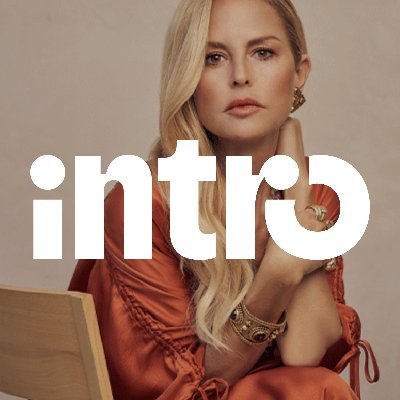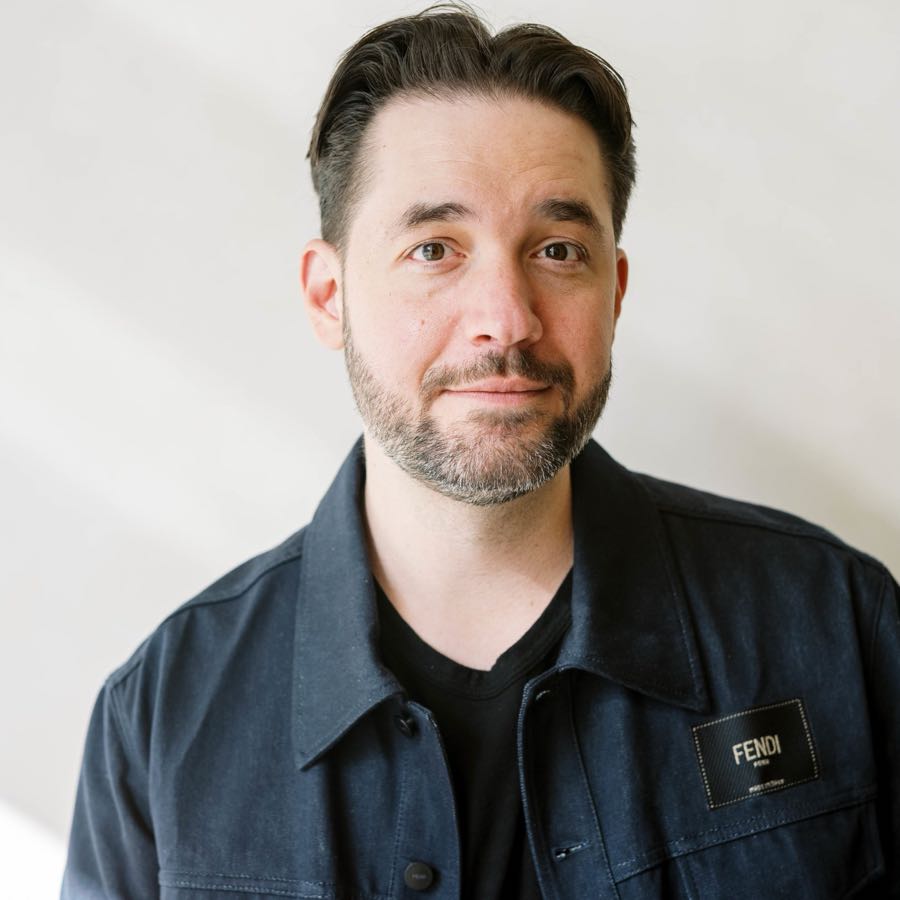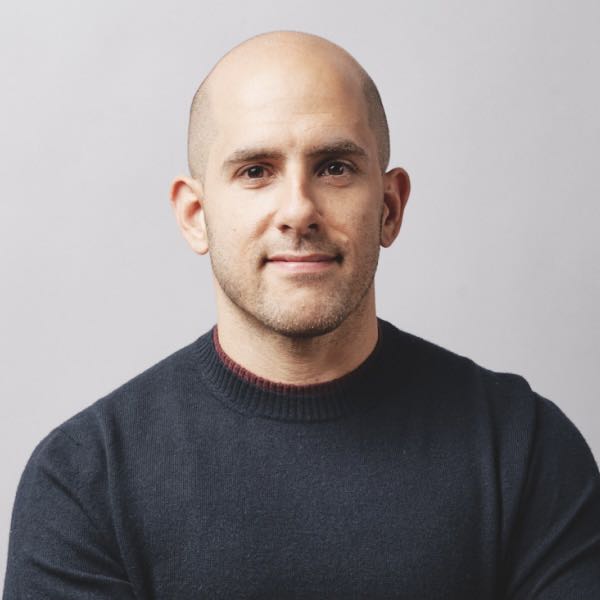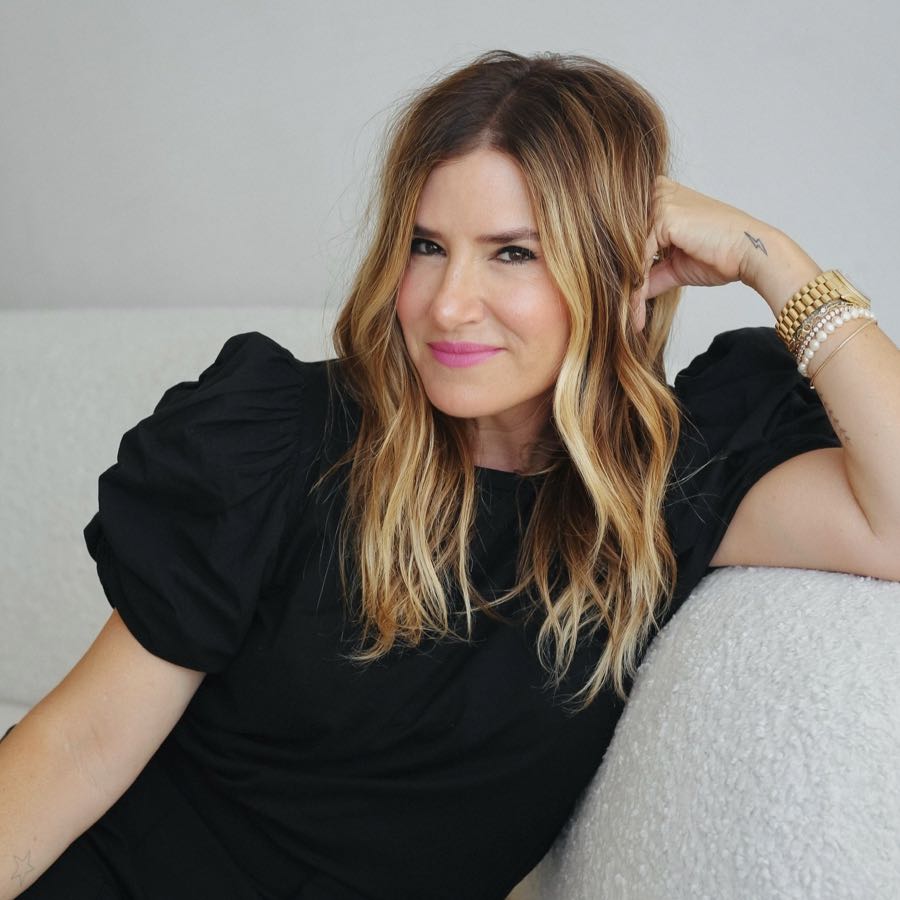
Creators are the new CMOs.
In the past, brands hired agencies to tell their stories. Today, the smartest brands are looking at creators—the ones who’ve built loyal audiences from scratch—and realizing they have more to teach about content strategy than any HBS case study.
Elite creators don’t just publish content. They build systems for trust, distribution, and monetization that rival entire marketing departments. For brands, these systems are playbooks hiding in plain sight.
Here are 5 lessons brands can learn from today’s top creators.
1. MrBeast: Eventize Your Marketing
Lesson: Create moments, not campaigns.
Jimmy Donaldson—better known as MrBeast—didn’t become the most subscribed YouTuber by posting casually. Every video is a tent-pole event engineered for global attention. Whether it’s recreating Squid Game or giving away an island, his content isn’t just watched—it’s anticipated.
Format: Epic YouTube challenges with extreme stakes.
Channel strength: Distribution via a 400M+ subscriber base across YouTube and social.
Signature move: Every piece of content doubles as a global event (merch drops, Feastables launches, Beast Burger activations).
Why it matters for brands: Consumers are fatigued by endless drip campaigns. What cuts through is eventized content—big moments that feel not promotional but cultural. Think of how Nike turns product launches into global spectacles. Brands should ask: How can we make our next campaign feel like an event people mark on their calendar?
2. Emma Chamberlain: Build Trust Through Vulnerability
Lesson: Authenticity is a powerful brand currency.
Emma Chamberlain rose to fame on YouTube not by being polished, but by being radically unfiltered. She spoke openly about mental health, burnout, and the absurdity of influencer culture itself. That vulnerability created trust, which became the foundation of her wildly successful Chamberlain Coffee.
Format: Conversational vlogs, podcasts, raw social storytelling.
Channel strength: Multi-platform presence with YouTube (12M+), TikTok, Instagram, and her podcast.
Signature move: Showing imperfections instead of curating perfection.
Why it matters for brands: Too many brands are still afraid to be human. Emma’s playbook shows that letting down the guard—acknowledging flaws, showing behind the scenes, admitting struggles—can build more loyalty than a high-priced brand campaign could ever achieve.
3. Marques Brownlee (MKBHD): Own Your Niche with Relentless Quality
Lesson: Depth builds authority.
Marques Brownlee, known as MKBHD, is arguably the most trusted voice in tech reviews. Why? Because for over a decade he has consistently produced some of the most high-quality, technically rigorous, and visually stunning videos on the internet.
Formats: Deep-dive tech reviews, interviews with CEOs (including Elon Musk, Satya Nadella, Mark Zuckerberg).
Channel strength: 20M+ YouTube subscribers plus strong reach on Twitter/X and podcasts.
Signature move: Relentless commitment to production quality, technical accuracy, and unbiased perspective.
Why it matters for brands: In an era of shallow content, depth wins. MKBHD proves that being the most trusted voice in a niche requires long-term consistency and an obsession with quality. Brands should consider: How can we publish fewer pieces of higher quality that establish true authority in our category?
4. Charli D’Amelio: Ride the Algorithm, Then Build Beyond It
Lesson: Platforms are launchpads, not moats.
Charli D’Amelio became the face of TikTok by mastering its algorithm early, posting dance videos that blew up. But she didn’t stop there. Charli expanded into brand partnerships, TV shows, retail products, and her own family-led media ventures.
Format: Short-form dance/lifestyle content.
Channel strength: TikTok (156M+ followers), Instagram, brand partnerships.
Signature move: Rapid expansion beyond TikTok into diversified businesses (merch, shows, consumer products).
Why it matters for brands: Platforms can create explosive growth, but no platform is forever. Charli’s playbook is a reminder to treat algorithms as a springboard for your brand, not the foundation. The real win is diversifying into owned channels (email, product, community) and building resilience when the algorithm shifts.
5. Ali Abdaal: Turn Education Into Scalable Media
Lesson: Teach, don’t sell.
Ali Abdaal, a former doctor turned YouTube creator, has built a multi-million-dollar business by teaching productivity and entrepreneurship. His courses and YouTube channel are a case study in how to convert educational content into scalable revenue streams.
Format: Long-form explainer videos, podcasts, paid online courses.
Channel strength: 6.4M+ YouTube subscribers, strong newsletter following, podcast reach.
Signature move: “Edutainment” — simplifying complex topics with warmth and clarity.
Why it matters for brands: The fastest-growing companies often act like educators. By teaching your audience something valuable, you earn attention and trust. Ali’s model shows that consistent, high-quality educational content can convert directly into product sales or subscriptions.
Wrapping Up
Elite creators are not just entertainers. They are entrepreneurs who’ve mastered the hardest part of brand-building: earning attention at scale.
For brands, the message is clear: stop thinking like advertisers, start thinking like creators. The next billion-dollar brand will be built not just on products, but on content systems that make the brand explode (in a good way).



